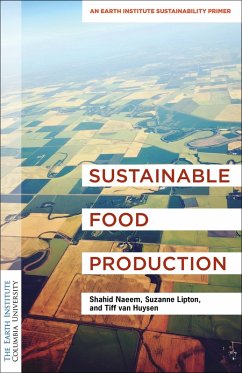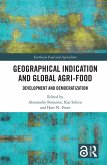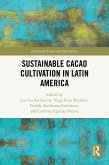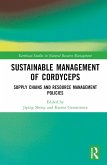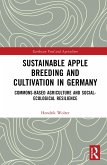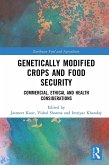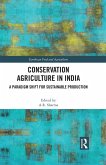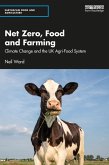Industrial agriculture is responsible for widespread environmental degradation and undermines the pursuit of human well-being. With a projected global population of 10 billion by 2050, it is urgent for humanity to achieve a more sustainable approach to farming and food systems.
This concise text offers an overview of the key issues in sustainable food production for all readers interested in the ecology and environmental impacts of agriculture. It details the ecological foundations of farming and food systems, showing how knowledge from the natural and social sciences can be used to create sustainable alternatives to the industrial production methods used today. Beginning with a discussion of the role of agriculture in human development, the primer examines how twentieth-century farming methods are environmentally and socially unsustainable, contributing to global change and perpetuating inequalities. The authors explain the principles of environmental sustainability and explore how these principles can be put into practice in agrifood systems. They emphasize the importance of human well-being and insist on the centrality of social and environmental equity and justice.
Sustainable Food Production is a compelling guide to how we can improve our ability to feed each other today and preserve the ability of our planet to do so tomorrow. Appropriate for a range of courses in the natural and social sciences, it provides a comprehensive yet accessible framework for achieving agricultural sustainability in the Anthropocene.
This concise text offers an overview of the key issues in sustainable food production for all readers interested in the ecology and environmental impacts of agriculture. It details the ecological foundations of farming and food systems, showing how knowledge from the natural and social sciences can be used to create sustainable alternatives to the industrial production methods used today. Beginning with a discussion of the role of agriculture in human development, the primer examines how twentieth-century farming methods are environmentally and socially unsustainable, contributing to global change and perpetuating inequalities. The authors explain the principles of environmental sustainability and explore how these principles can be put into practice in agrifood systems. They emphasize the importance of human well-being and insist on the centrality of social and environmental equity and justice.
Sustainable Food Production is a compelling guide to how we can improve our ability to feed each other today and preserve the ability of our planet to do so tomorrow. Appropriate for a range of courses in the natural and social sciences, it provides a comprehensive yet accessible framework for achieving agricultural sustainability in the Anthropocene.
Dieser Download kann aus rechtlichen Gründen nur mit Rechnungsadresse in A, D ausgeliefert werden.

